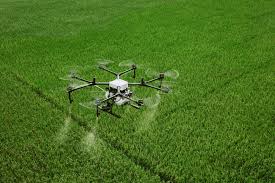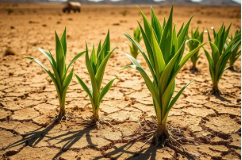
A new AI-driven crop recommendation system developed in India promises to transform agricultural decision-making by providing farmers with optimized crop choices based on environmental and economic factors. The machine learning model analyzes data such as soil health, rainfall patterns, temperature, market demand, and input costs to suggest the most suitable crops for specific regions and conditions.
The system aims to help farmers maximize productivity while minimizing risks associated with crop failure or low market returns. By leveraging advanced algorithms, it can provide tailored recommendations for each farm, taking into account local climatic conditions and economic feasibility.
Experts believe that such technology-driven solutions can play a pivotal role in modernizing Indian agriculture. “AI-based tools offer farmers actionable insights that were previously difficult to access,” said an agricultural technology specialist. “By integrating environmental and economic data, this system helps farmers make informed decisions, improve yields, and enhance profitability.”
The initiative is also expected to support sustainable farming practices. By recommending crops suited to local conditions, it can reduce overuse of water, fertilizers, and other resources, contributing to eco-friendly agriculture and long-term soil health.
Pilot programs conducted in select regions have shown promising results, with participating farmers reporting increased efficiency and better alignment between crop choices and market demand. Developers of the system are now planning to expand its accessibility through mobile applications and government-supported extension programs.
With India’s agriculture sector facing challenges such as climate variability, shrinking landholdings, and rising input costs, AI-powered solutions like this crop recommendation system offer a pathway toward smarter, data-driven farming that benefits both farmers and the wider agri-economy.


















